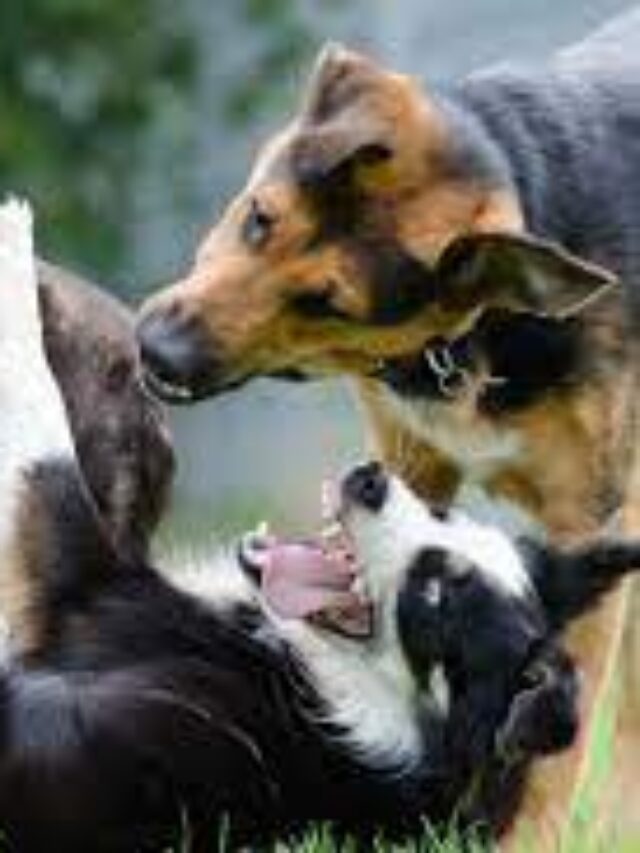Introduction
In recent years, discussions surrounding the concept of “dangerous dogs” have become increasingly polarized. Media sensationalism and breed stereotypes often overshadow the complex factors that contribute to a dog’s behavior. It’s crucial to explore this topic with an open mind and delve into the various aspects that shape a dog’s temperament and behavior.
Dispelling Breed Stereotypes
One of the most pervasive misconceptions about dogs revolves around breed stereotypes. Certain breeds, such as Pit Bulls, Rottweilers, and German Shepherds, are often unfairly labeled as inherently dangerous. However, it’s essential to recognize that a dog’s behavior is influenced by a combination of genetics, environment, training, and socialization.
Studies have shown that there is no inherently aggressive or dangerous dog breed. The American Temperament Testing Society, for example, conducts temperament tests on various breeds, revealing that individual temperament varies widely within any given breed. Responsible ownership and proper training play pivotal roles in determining a dog’s behavior.
Factors Contributing to Aggression
Understanding the factors that contribute to a dog’s aggression is crucial for promoting responsible ownership. Here are some key elements to consider:
- Genetics: While genetics can influence a dog’s predisposition to certain behaviors, it does not determine their destiny. Proper training and socialization can mitigate genetic factors.
- Environment: A dog’s living conditions and upbringing significantly impact its behavior. Neglect, abuse, or lack of socialization can lead to fear, anxiety, and aggression.
- Training and Socialization: Dogs that undergo positive reinforcement training and early socialization with various people, environments, and other animals are more likely to develop well-adjusted and non-aggressive behaviors.
- Owner Responsibility: Responsible ownership involves meeting a dog’s physical and emotional needs, providing proper training, and ensuring the safety of the community. Irresponsible owners, regardless of the dog’s breed, contribute to behavioral problems.
Promoting Responsible Ownership
Rather than focusing on breed-specific legislation, which often proves ineffective, society should encourage responsible ownership practices. This includes:
- Education: Promote understanding of dog behavior, training, and responsible ownership to dispel myths and stereotypes.
- Training Programs: Support positive reinforcement training programs that focus on building a strong bond between dogs and their owners.
- Socialization: Encourage early and ongoing socialization to help dogs become well-adjusted and comfortable in various environments.
- Community Engagement: Foster a sense of community by encouraging responsible dog ownership within neighborhoods, creating a supportive environment for all dog owners.
conclusion
The concept of “dangerous dogs” based on breed stereotypes is a complex issue that requires a nuanced approach. Focusing on responsible ownership, education, and understanding the factors that contribute to a dog’s behavior can create safer communities for both humans and their canine companions. By shifting our perspective from blaming specific breeds to addressing the root causes of aggression, we can work towards a more compassionate and informed approach to dog ownership.

